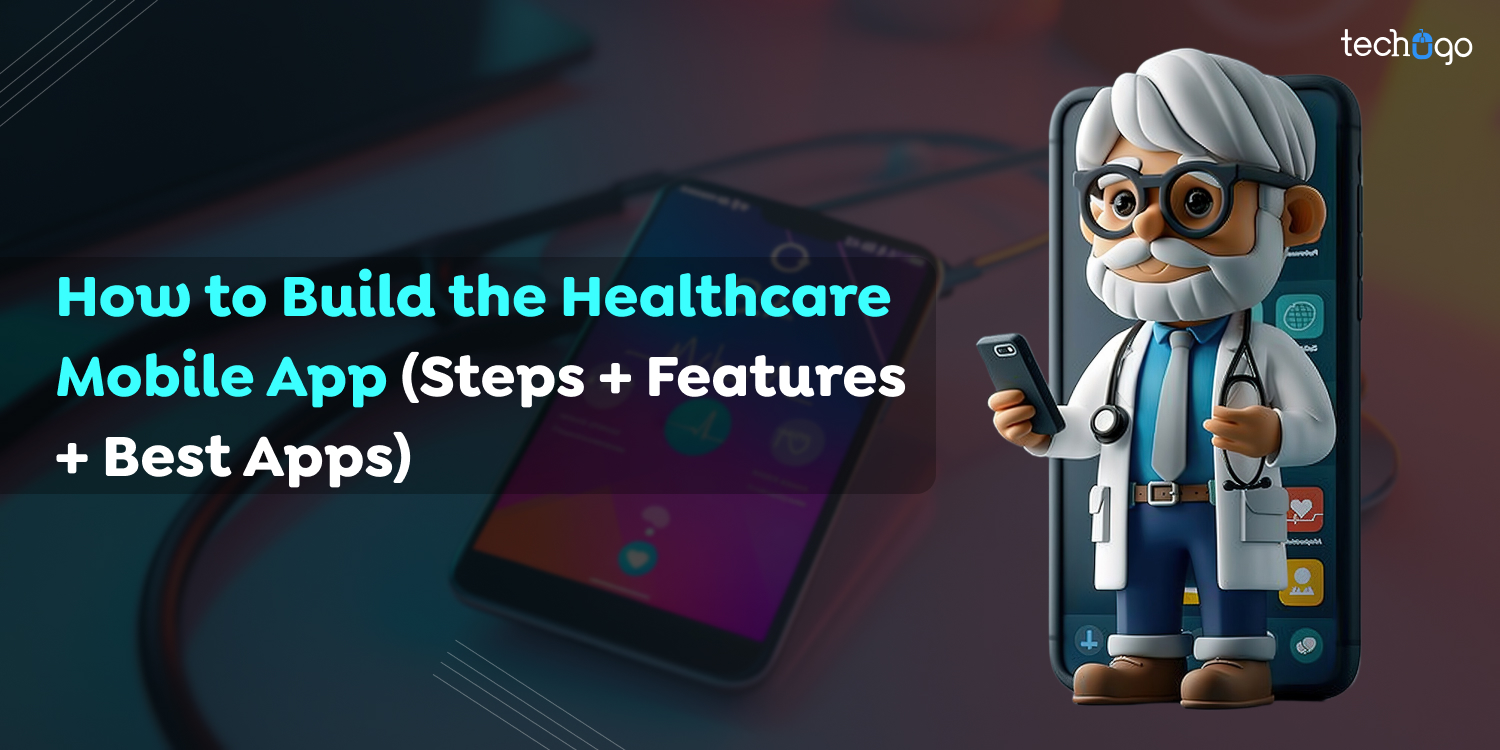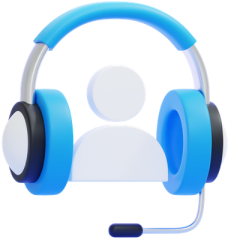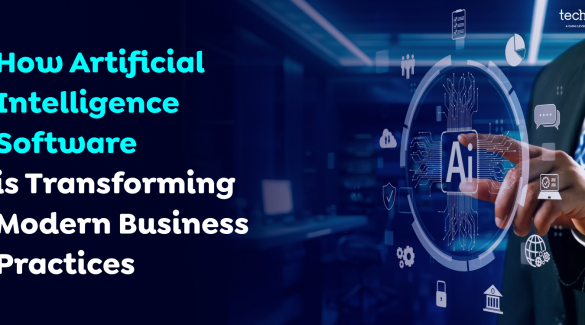20 Feb 2025
How to Build the Healthcare Mobile App (Steps + Features + Best Apps)
Matthew Connor

The widespread use of mobile applications can enhance traditional face-to-face interactions, such as healthcare, by offering remote and online services. It is now possible to install an app and participate in live telemedicine sessions with a physician without ever having to leave your home. This opens up new opportunities for innovation.
The global healthcare app development market is rapidly growing, driven by the increasing need for accessible and convenient medical solutions. The market for mHealth apps in Canada is expected to reach an estimated value of approximately $4.985.8 million by 2030. An annual compound growth rate of 19.1% is predicted for Canada’s mHealth apps from 2024 to 2030.
Today, more doctors and patients than ever before are adopting mHealth applications. This may be the perfect time to develop something that will meet the demands of both patients and doctors. With advancing technology, the demand for mobile healthcare applications will continue to rise.
The need for secure, reliable, and efficient applications is growing in tandem with the development of healthcare technology. This article will provide insights on creating successful mobile healthcare apps that are compliant, future-ready, and meet the needs of today’s healthcare landscape.
What is Healthcare App Development?
The world of healthcare apps has changed significantly in recent years, with a remarkable rise in demand for digital health services. This growth has been fueled by advances in mobile healthcare application development.
Healthcare app development transforms digital devices into tools for medical use by creating software that connects patients to care. With these tools, doctors can monitor vital signs online, patients can book appointments, and both physicians and patients have access to full medical histories.
These apps are particularly designed to help people live healthier lifestyles and can include serious medical treatments. In short, healthcare applications are systems of technology for tablets and smartphones that offer health-related solutions in the medical field. Unlike regular apps that manage personal medical data, healthcare apps often require government approval since they function as medical devices.
Benefits of Developing Healthcare Mobile Applications
The increasing demand for on-demand healthcare app development is due to the convenience and accessibility they provide to both medical professionals and patients. The following are some of the major benefits of creating a health application:
Provides Comfort & Convenience
These apps enable patients to access services from the comfort of their home. For those living in rural areas, patients often have to travel long distances for consultations with physicians to receive the appropriate care. This can be challenging when the patient is an infant or senior.
Healthcare apps allow patients to connect directly with their medical professionals, eliminating the need to travel long distances to visit a doctor. They make it easier for people in remote areas who may otherwise struggle to access healthcare services. Patients can directly communicate with their doctors online, and medical professionals can provide greater support to their patients. Patients can also keep their medical documents and prescriptions easily accessible.
More Patient Engagement and Satisfaction
Through the use of health applications, patients become more aware of their health conditions. This is due to features like medication reminders, instant contact with doctors, and more. Patients can manage their health with greater ease. About 80% of patients report feeling more connected with their doctors, which leads to higher satisfaction levels.
Additionally, many medical institutions are working to improve patient-centric care by incorporating AI in healthcare app development. Patients will be able to answer questions in real time, leading to increased satisfaction with the outcomes of their treatment.
Easy Customization
Although challenging, it is possible for a single healthcare provider to manage the care of many patients at the same time. Mobile devices in healthcare help doctors, physicians, and other medical personnel by enabling them to create custom-designed remedies and prescriptions without a significant investment.
Furthermore, medical personnel can use this information to create patient profiles, categorizing them according to their conditions. The ease and comfort of healthcare apps allow doctors to personalize care without incurring massive costs.
Elimination of Administrative Work
One of the major benefits of healthcare apps is that they allow doctors and patients to have all relevant information at their fingertips. This reduces the workload of medical professionals and allows them to treat a larger number of patients at once.
From appointment scheduling to patient information management, everything is handled by mHealth applications. These apps also help eliminate the need for paperwork, benefiting both physicians and patients seeking medical care.
Better Data Collection and Insights
Mobile applications for healthcare are frequently used to collect large volumes of data on medical conditions, patient behavior, and outcomes. Healthcare facilities make the best use of this information to study trends, analyze patterns, predict patient needs, and develop treatment plans.
Doctors can use the data gathered to offer customized medical treatment. A healthcare app developer can help you enhance the features of your application based on user behavior and feedback.
Reduces Cost and Streamlines Medical Processes
Healthcare apps provide patients with opportunities to access healthcare services. By using medical mobile apps, patients can manage their health and avoid hospitalization. These apps also streamline medical procedures. All patients need is an internet connection and access to mHealth applications.
Another benefit of healthcare app development is cost-effectiveness. This results from improved resource utilization and better patient management. Additionally, by providing access to healthcare through health apps, the overall cost of healthcare can be reduced by eliminating the need for travel to hospitals, in-person appointments, and appointment paperwork.
Key Features of Healthcare Mobile Apps
The list of features available for healthcare apps depends on the type of app and its purpose. However, there are some essential features common to all mHealth applications, whether it is a telemedicine app, a general hospital app, or one for urgent care. Below are some of the key features:
User Profile
This is the registration process where users create an account within the healthcare application. The app allows patients to enter personal information (such as name, gender, age, and other details). In addition to personal data, the app allows users to track their health biomarkers.
Book An Appointment
This feature enables patients to schedule appointments with a doctor. It must be integrated with the physician’s schedule so patients can verify available times. In addition to doctor’s appointments, this feature can help patients plan lab tests or request that their doctors schedule specific appointments.
Chatbot
Chat is another popular feature in medical applications. It is essential for users, doctors, and medical professionals to be able to engage in conversation. Many times, AI chatbots come with algorithms that support machine learning and deep learning. Therefore, if a physician is unavailable, patients can ask inquiries through the chatbot and receive a detailed response.
Prescription Management
There are many benefits to a prescription management program. Patients can keep track of their medications, receive reminders about when to take them, and much more. This is not only helpful for patients but also provides alerts to healthcare professionals if the patient is adhering to their treatment plan or if any issues arise with their treatment.
Wearable Device Integration
Many of the latest health apps can seamlessly integrate with wearable devices such as smartwatches. These devices enable users to easily track their health metrics in real time, such as heart rate, sleep patterns, steps taken, and other important data. For medical professionals, the data collected by these devices is essential for monitoring a patient’s health outside the clinic. Wearable technology has thus significantly impacted the healthcare industry.
File Storage
It is essential for the app to include file management and storage systems to securely store patient data. Health professionals can save medical records, including test results, x-rays, studies, and any other patient-related information, within the system.
Symptom Checker
A symptom checker is an important feature in a healthcare app. It allows users to submit their symptoms and receive initial suggestions about possible ailments or the best course of action. It can also incorporate AI and machine learning to improve accuracy over time.
Push Notifications/Reminders
This is one of the fundamental functions displayed on the mobile screen. Users are updated on any changes that healthcare providers wish to release. The app can remind users about doctor appointments or prescription schedules, which is crucial for patients and their medications.
Integration of Payments
Imagine how much price transparency for treatments and payment processing could be improved if patients could pay seamlessly and securely through the app. This would significantly enhance the patient experience and streamline financial transactions in clinics. It’s truly a game changer!
Electronic Health Records (EHR)
You can access and manage patient information, demographics, and other clinical documentation all in one place. View medical images, track medication lists, problem lists, and treatment plans. Document and share patient-specific guidelines, as well as external documents.
Video Consultations
Due to the spread of the virus, which made it riskier for patients to attend in-person consultations, appointments that can be conducted online are now held via video conferences. This helps both physicians and patients reduce time spent and the risk of contracting illnesses, especially after hospital visits.
Hospital Wayfinding Map
Include indoor maps and turn-by-turn navigation within the hospital. Add parking assistance, save car locations, and utilize geofencing beacons to provide accurate location tracking and alerts. Help visitors find specific wards and doctors.
Steps to Build an Efficient Healthcare App
Healthcare app development services are not an easy task. There are many nuances and differences among various apps that you should be aware of. Below is a complete list of procedures for developing healthcare apps.
Research and Planning for the Market
Start your creation process by conducting thorough market research. Identify your target audience, which could include healthcare professionals, patients, or both. It’s important to clearly understand the legal requirements for your project in the relevant region.
Collaborate with healthcare professionals during the exploration phase to ensure that your app addresses real-world challenges and complies with the necessary regulations.
Create a List of Functionalities and Features
Develop your Minimum Viable Product (MVP) by focusing on the features essential to creating a positive impact. Consider features such as appointment scheduling, telemedicine options, symptom checkers, and prescription management.
It is important to prioritize intuitive navigation and robust security measures to protect private health data. Define the scope of technical requirements to be updated in the future, and ensure the app can scale as health needs, patient databases, or clinic branches grow.
Pick the Appropriate Technology Stack
Choose a technology stack that meets the needs of healthcare apps, focusing on security, scalability, and interoperability. If you’re an experienced healthcare app developer, a combination of React for web interfaces, Flutter for mobile app development, and Node.js or Django for the backend is a solid choice.
Select a platform that makes it easier to integrate third-party services (e.g., storage, payments, EHR) and allows your app to smoothly transition to emerging technologies and services over time.
Execute UI/UX Design
Healthcare app development requires a thoughtful design approach. The UI should not only be attractive but also accessible to a range of users, including seniors and people with disabilities. For web-based solutions, UX/UI design must minimize training time for staff and ensure ease of adoption.
Ensure that navigation is intuitive, with clear, crisp visuals and a user-friendly design. In this phase, we recommend creating a clickable prototype to demonstrate the user’s journey and gather feedback early on.
Create and Implement QA
Maintain tight collaboration between back-end and front-end development teams. Use rigorous testing methods to ensure functionality and compliance with healthcare industry standards. Utilize integration, unit, and user acceptance tests, with particular attention to security vulnerabilities and the protection of personal data. Conduct a compliance test during the testing process to confirm that your app meets applicable healthcare regulations and industry standards.
Create a Strategy for Monetization
Develop a monetization plan that aligns with the marketplace and your company’s needs. Consider options such as patient subscriptions, pay-per-use telemedicine services, and partnerships with healthcare organizations to offer integration solutions.
Ensure that the strategy you choose enhances the utility of your app and is accessible to all users. Analyze competitor pricing and the users’ willingness to pay to refine your plan, ensuring it balances profitability and user satisfaction.
Healthcare App Development Launch
Once your health app becomes operational, the actual process begins. It is essential to set up an efficient support system capable of quickly addressing any technical issues or user concerns. Offering comprehensive and thorough training resources for healthcare personnel is crucial. An experienced development team will resolve issues quickly and efficiently, enabling rapid fixes and updates.
Top Healthcare Apps in Canada 2025
A variety of healthcare apps can be found across Canada, each tailored to the specific needs and desires of patients. The uniqueness and efficiency of these technological advancements in healthcare will be highlighted in this section as we look at the best healthcare applications in Canada.
Maple
Experience the benefits of fast healthcare access with Maple, Canada’s top virtual healthcare app, boasting over 750,000 5-star reviews. With Maple, you can easily connect with healthcare professionals via encrypted text messages, audio, or video calls. Receive diagnoses, prescriptions, medical information, sick notes, lab test requisitions, and much more, all at your fingertips.
Say goodbye to waiting rooms and the hassle of traveling. Save time and money by joining the thousands of Canadians already benefiting from Maple’s on-demand healthcare services.
Amazingly, 91% of medical problems are resolved in just one online visit. No matter where you live in Canada, Maple quickly connects patients to healthcare providers within minutes, 24 hours a day. This innovative healthcare app guarantees quick and effective care whenever you need it most.
Oticon Companion
This app allows users to make personalized adjustments to enhance the hearing experience in various environments. It also makes it easy to locate lost hearing aids, offers remote assistance from hearing specialists, and includes several additional features.
The Oticon Companion app seamlessly integrates with the entire range of Oticon Bluetooth hearing aids. Depending on the hearing aid model as well as the smartphone, the level of access to the app’s features may vary. Android app development has enabled users to benefit from a variety of features, helping them make the most of their hearing aids.
Sleep Monitor: Sleep Tracker
Wearable fitness trackers and watches can monitor your sleep quality, but some sleep tracker apps take a simpler approach. This app tracks your sleep patterns using the speakers and microphone built into your phone. Place your phone near your bedside table before going to sleep.
LifeLabs – Net Check-In
LifeLabs Net Check-In is a program for medical professionals developed with innovative computer software. Visiting LifeLabs has never been easier or more efficient. With LifeLabs’ new “Saving My Spot™” feature, powered by Net Check-In, you can conveniently check in remotely from your device of choice: smartphone, tablet, or web browser. This means you can make the most of your time while waiting for your appointment!
GiveBlood
GiveBlood is a medical app created in collaboration with Canadian Blood Services and serves as the official app of the organization. The app simplifies the donation process for all donors in Canada (excluding Quebec), offering a convenient way for donors to manage, schedule, and track their donations while on the go. It’s easy to locate nearby donor centers and quickly confirm appointments.
MyHealth Records
Available on both iOS and Android devices, the MyHealth app features a user-friendly interface that allows users to quickly access their medical data. The app provides an extensive review of medication history, vaccination records (including upcoming vaccines), hospital discharge summaries, pathology reports, and many other important health records.
Best Practices for Healthcare App Development
Here are some tips for developing healthcare applications that healthcare app development company follow. These best practices are lessons learned the hard way.
Put Users First, Tech Second
Shadowing doctors during their shifts can reveal over 100 feature requests. Learn how nurses use their smartphones during busy shifts. One hospital’s “innovative” app failed because it required two hands to use. Consider how challenging it would be to control a healthcare app with two hands while carrying medical equipment.
Build Trust Through Transparency
Provide users with clear information about what data you’re capturing and why. Many people are concerned about their health information. Explain how you safeguard their data, what encryption methods you’re using, and what data you store. Avoid using technical jargon—explain it as you would to your grandmother.
Test in Real Healthcare Settings
A perfectly functioning app may not perform well in a basement medical space with poor Wi-Fi. Test its offline functionality and use real medical information. Conduct tests during peak hospital hours and identify potential problems before they are discovered by users.
Ensure Smooth Integration
Integrate with existing health systems, such as EHRs, to improve functionality. Integration with mobile healthcare app development tools can enhance the experience for both healthcare professionals and patients.
Make Security Second Nature
Incorporate security into every feature from day one, but keep it unobtrusive. Use automatic logouts that detect when the app should remain active during procedures. Biometric logins should work seamlessly, even with medical gloves. Secure and smart, without being a hassle.
Conclusion
Healthcare technology is empowering both medical professionals and patients, which is why they are fully embracing the growing need for tools that can connect both. Additionally, creating healthcare applications can be an effective way to promote prevention and proactive health, making a significant long-term impact on global populations.
The healthcare app development offers multiple benefits to both healthcare providers and patients. However, it’s crucial to understand that building an app for healthcare requires a significant investment of both time and money.
In 2025, the demand for truly transformative healthcare apps will be greater than ever. To navigate the complexity of the development process and create an app that truly meets user needs, it is essential to have an expert team with deep knowledge of the field.
The dedicated team of developers is at the forefront of creating user-friendly, reliable, and secure healthcare applications that support users across the nation.
Get In touch
We are excited to here from you and let’s start something special Together. Call Us for any inquiry.
Write us
sales@techugo.caJust a call away
About you




